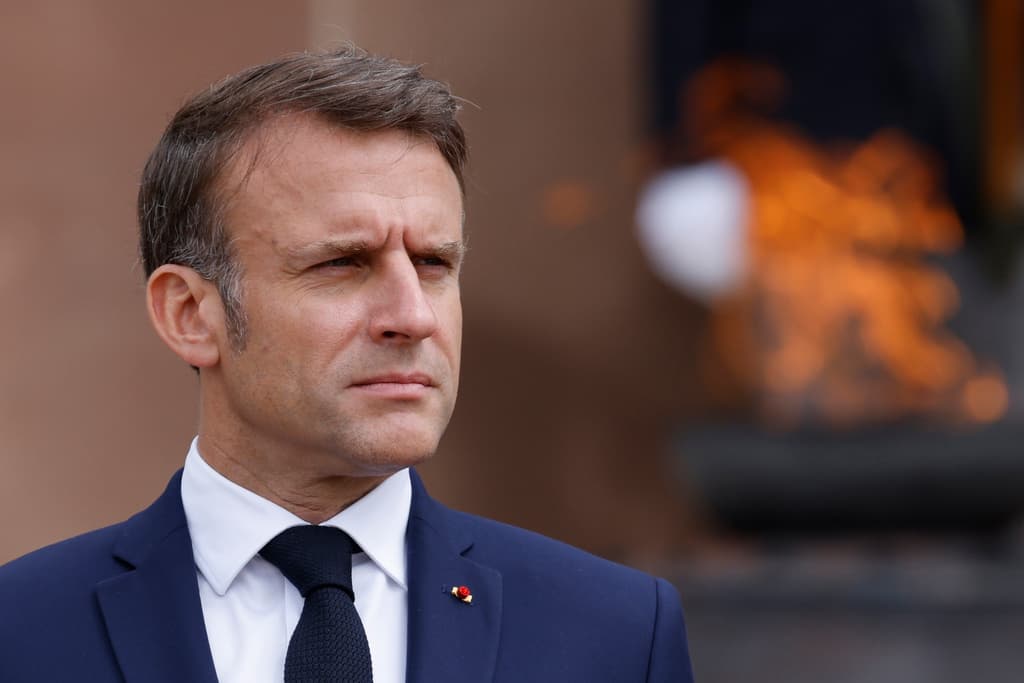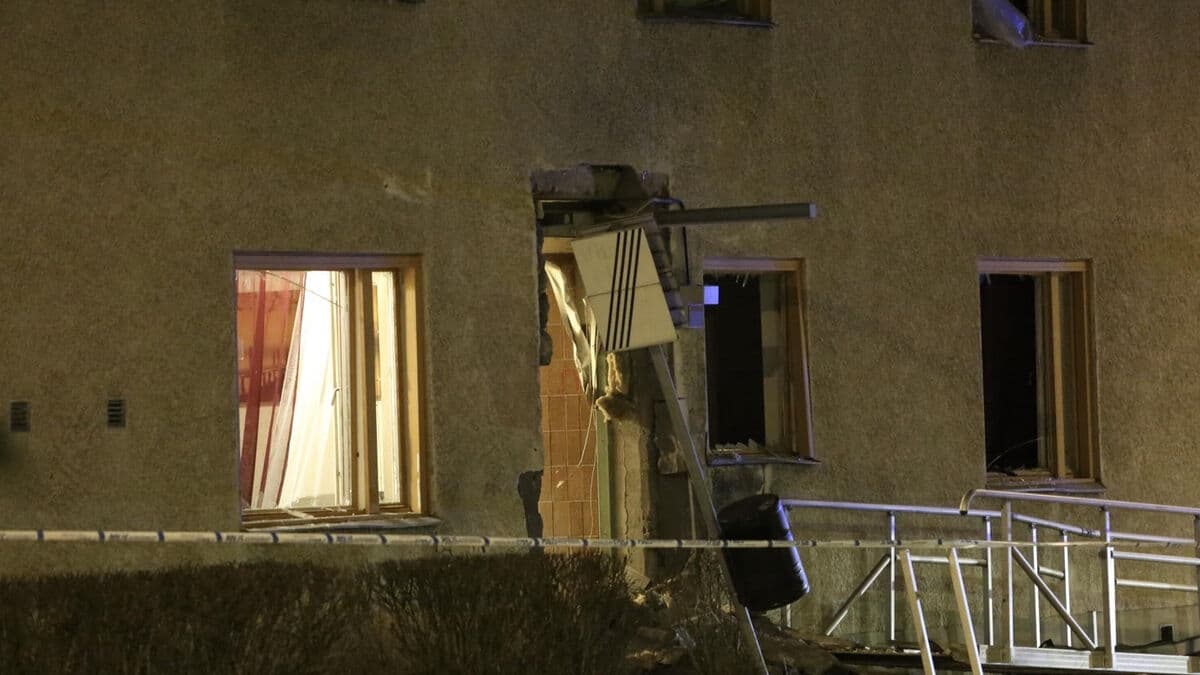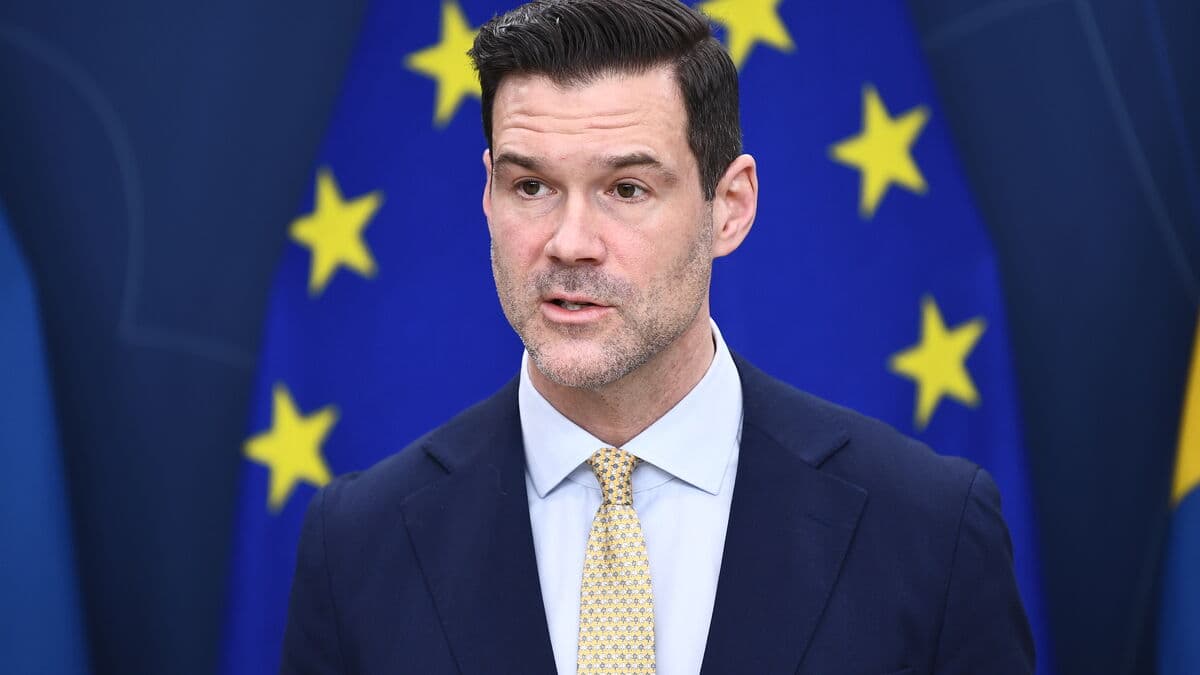It has been shaky on the Paris Stock Exchange since President Emmanuel Macron called for new elections after the fiasco in the European Championship.
Here, one is unexpectedly thrown into a sort of political vacuum. The financial market is not particularly fond of uncertainties, says SEB's chief economist Jens Magnusson.
That the president, in the middle of the European Championship night on 9 June, dissolved the government and called for new parliamentary elections came as a surprise to everyone.
Even if one can sense how the political logic looks, it is clear that the first thing that happens is that there will be great uncertainty in French society and on the French Stock Exchange, says Jens Magnusson, chief economist at SEB.
The market has reacted to Macron's announcement by pushing up interest rates and pushing down the Stock Exchange, which has fallen by around five per cent. Furthermore, the euro was weakened by the European Championship, where established parties retreated and far-right parties made gains.
It is not unusual for the market to react like this in connection with elections that have unexpected or unclear outcomes. What may be new is that the European Championship is starting to have greater significance, that it has become more important. But it also shows how fragile the political situation is in many countries.
Potential right-wing success worries
The parliamentary election called in France is expected to be a success for the far-right, which increases the worry on the Stock Exchange, says Jens Magnusson. The first round takes place on 30 June, the second on 7 July.
One is simply a bit worried about what kind of politics will be pursued. One is also wondering whether the political system in France can really handle the situation with Macron as president but with a different political colour on the government.
The uncertainty is partly about how Marine Le Pen's party, National Rally, will position itself on issues related to European cooperation, such as tariffs and trade, as well as migration and future support to Ukraine.
Since Brexit, it has been France and Germany that have been driving European cooperation. The question is how cooperation between countries would work if we get a clear drive to the right in France.
Shaky economy
Fundamentally, France also has a rather shaky economy, with large deficits and a large national debt, says Jens Magnusson.
Therefore, one needs to tighten fiscal policy and reduce deficits. The market wonders if a politically divided France with a right-wing populist government will be able to do that.
He continues:
Often, it is most worrying when one knows the least. It is precisely the uncertainty that is a big problem. It is not impossible that it will calm down a bit when we have a result eventually, regardless of what it is.






